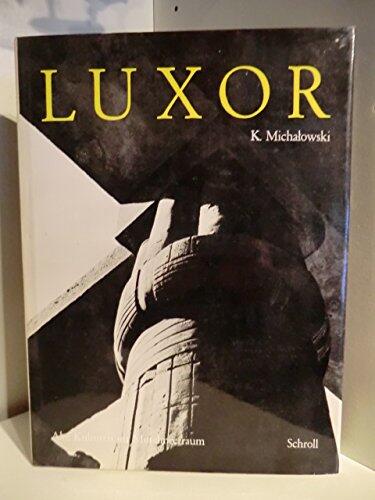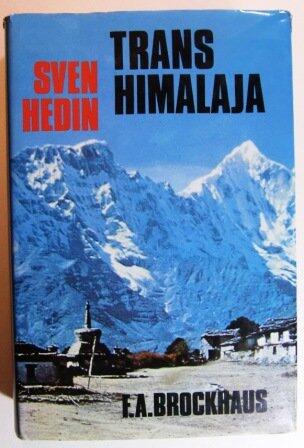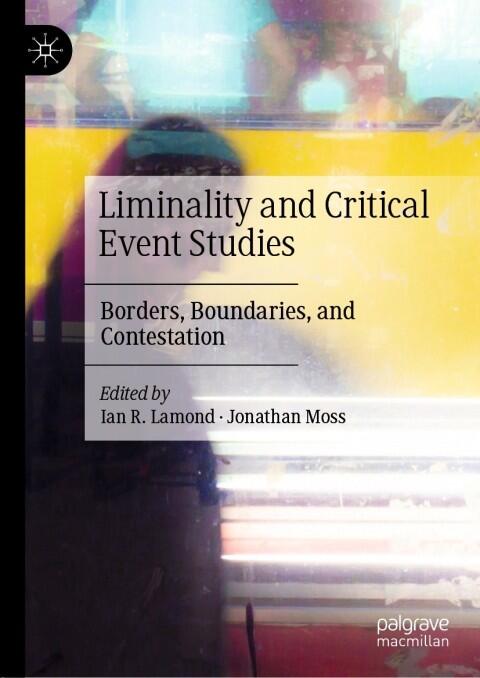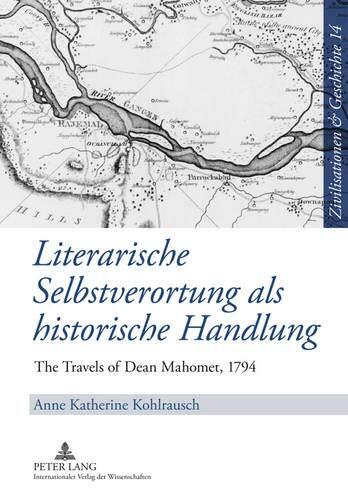
Boote, Burgen, Bischarin: Heinrich Schäfers Tagebuch einer Nubienreise zum zweiten Nilkatarakt im Jahre 1900
还没有评分
History
Travel
格式
精装书
页数
280
语言
德语
已发布
Jan 5, 2014
出版商
Dr Ludwig Reichert Verlag
版本
Annotated
ISBN-10
3895009644
ISBN-13
9783895009648
描述
Heinrich Schäfer’s travel diary offers a captivating glimpse into his adventurous expedition to Nubia in 1900. Set against the backdrop of the Nile’s second cataract, the narrative invites readers to experience both the challenges and wonders of his journey. With a keen eye for detail, Schäfer captures the essence of the landscapes he traverses, from the majestic beauty of the river to the ancient sites that pepper the region.
Throughout the diary, Thomas L. Gertzen provides context and commentary that enriches the reader’s understanding of Schäfer’s experiences. The intertwining of personal reflections and historical insights creates a vivid portrait of a time when exploration was fraught with uncertainty yet filled with excitement. The text serves not only as a recounting of travels but also as a window into the cultural interactions that shaped the era.
As Schäfer navigates through infrequent encounters with local inhabitants, his impressions reveal the complexities of cross-cultural exchange and the profound impact of colonialism. The diary is steeped in authenticity, reflecting the raw emotions of adventure, discovery, and the unpredictability of life on the Nile.
This remarkable work immerses the reader in a bygone world, highlighting the unparalleled beauty of Nubia while prompting reflection on the historical narratives that define the region. Enthusiasts of travel literature and history alike will find themselves engrossed in this unique journey through time and geography.
Throughout the diary, Thomas L. Gertzen provides context and commentary that enriches the reader’s understanding of Schäfer’s experiences. The intertwining of personal reflections and historical insights creates a vivid portrait of a time when exploration was fraught with uncertainty yet filled with excitement. The text serves not only as a recounting of travels but also as a window into the cultural interactions that shaped the era.
As Schäfer navigates through infrequent encounters with local inhabitants, his impressions reveal the complexities of cross-cultural exchange and the profound impact of colonialism. The diary is steeped in authenticity, reflecting the raw emotions of adventure, discovery, and the unpredictability of life on the Nile.
This remarkable work immerses the reader in a bygone world, highlighting the unparalleled beauty of Nubia while prompting reflection on the historical narratives that define the region. Enthusiasts of travel literature and history alike will find themselves engrossed in this unique journey through time and geography.



















